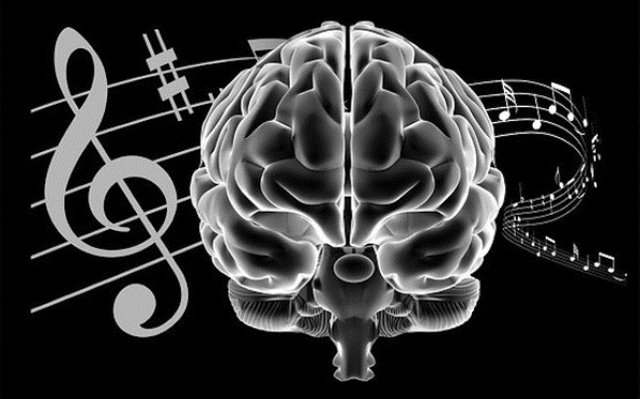What Makes Music Impactful
Inspired by a discussion I had with my girlfriend the other day, I would like to talk about what I think makes music impactful. First I would like you to consider what makes a band or artist “good” in your opinion. Do you like technical music? Electronic? Dance music? Whatever it is you like about a certain genre, I think we can all agree is that that particular music makes you feel an emotion. The emotion could be happy, sad, pumped-up, nostalgic or anything in between. The stronger the emotion it invokes, the more impactful and the “better” you would consider the song to be.

So the question is about how the music makes you feel that way. Are songs happy or sad by nature or do they require some context? If you took a stereo to the Amazon and played Moonlight Sonata by Beethoven to a tribesman - who’d never heard music before - would he find it sad? My position is that he would find it only interesting.
I believe that all emotional responses invoked by music are learned culturally. From a young age we are exposed to music and the responses it invokes in adults. More importantly we are shown TV shows and films where the music fits the theme of the images. As we get older and learn how to talk, we begin to understand the lyrics in the songs, which always fit the theme of the notes and chords being played. We soon start associating certain songs with certain moments in our life, certain cultures and people. As our worldview is forming, so is a “musicview” to go with it.
This is not to say that music doesn’t have properties that would have effects on listeners with no context. For example the tempo would affect how you move to the music - even if you were just tapping your foot - so this could correlate to the amount of energy in a song. It’s harder to make a fast sad song because sadness and reflection usually happens when the body is still. Also minor chords have asymmetrical spacing between the notes (1 3b 5), which creates a slight jarring effect which can be slightly unsettling to the ear and creates a sort of dissonance. This won’t necessarily invoke a sadness in someone who hasn’t heard it before, but they may prefer a primarily major chord song. Even scales are learned, with there being no “true” scale, just different culture’s choices of notes. If you hear traditional Thai music, you may not be able to pick out whether the song is happy or sad except by the tempo. The length of notes might make a difference too, if you consider a note held for a long time might sound instinctively more like a cry for help or an important message.
So to answer the main question - what makes music impactful - it will very much depend on your personality, your experiences and which songs you associate with which memories. If you have had a lot of sad experiences or perceive your life as sad or unfortunate you are more likely to find sad music more impactful. If you are an escapist who just likes to party to get away from your problems then you might find dance music elicits a more powerful response in you. Maybe your dad used to play blues on the stereo when you were a child, the nostalgia from hearing blues might make it your favourite. Maybe your dad banged a drum in the middle of the Amazon, in which case your favourite music probably involves dancing in the jungle. To this end I believe music is an entirely subjective experience where no artist could be considered “better” than any other using even the most basic measuring parameters. It is a totally personal experience where the sounds resonate with the synapses in your brain, the structure of which has been built by experience.
Thanks for reading this opinion piece, follow me for more musings about life. I normally write about futurology but occasionally go off on a tangent like this :)
Music are frequencies that we either resonate with or we don't. In my opinion all music should be in the A=432Hz for the most harmonious and health resonation possible. When you can feel it in your bones you know the music is good. :)
I feel that what makes music impact people is dynamics, and the ability of the composer to share his state of mind (how he felt when he wrote the piece). It is a method of communication that doesn't necessarily require words. But, you are right that each person perceives the message differently. However, dynamics and articulation relay one common theme. For example, if I played each note of the 1st movement of the Moonlight Sonata loud and staccato rather than soft and legato at the exact same tempo, would it have the same mysterious (not necessarily sad) sound? Probably not. Music is impactful at the will of both the composer and the performer. Don't get me wrong, how the audience perceives it is also crucial, but I think that everyone gets similar feelings, they just interpret them differently. Here is a scene from the movie Immortal Beloved (About Beethoven) that kind of relays my point.
This post has been ranked within the top 10 most undervalued posts in the first half of Apr 20. We estimate that this post is undervalued by $3.93 as compared to a scenario in which every voter had an equal say.
See the full rankings and details in The Daily Tribune: Apr 20 - Part I. You can also read about some of our methodology, data analysis and technical details in our initial post.
If you are the author and would prefer not to receive these comments, simply reply "Stop" to this comment.